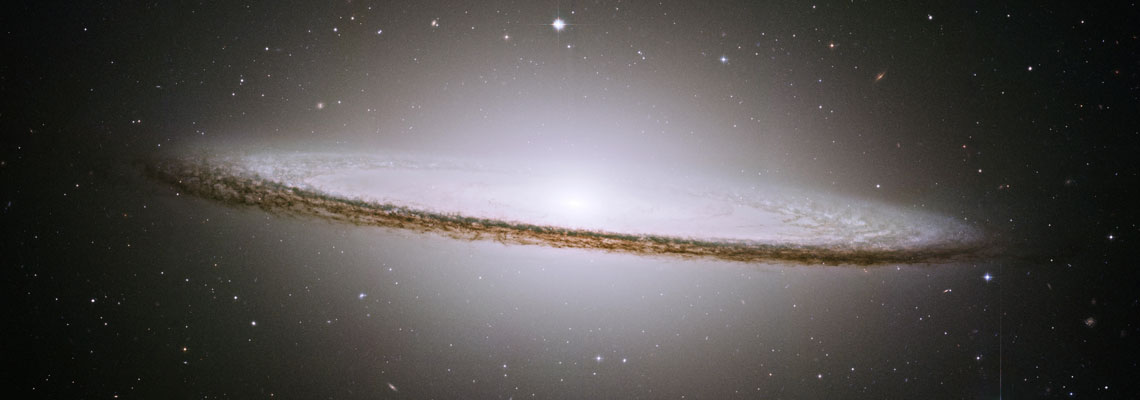MI weekly selection #408
MI weekly selection #408

Range tightened for dark matter’s mass
New calculations using quantum gravity have narrowed the possible range for the mass of dark matter particles, suggesting the mass can’t be very light nor very heavy. “This piece of research helps physicists in two ways: It focuses the search area for dark matter, and it will potentially also help reveal whether or not there is a mysterious unknown additional force in the universe,” said study author Xavier Calmet.
Wombats’ unique intestines produce square feces
The bare-nosed wombat has a uniquely elastic, grooved intestinal tract, causing them to excrete block-shaped feces, researchers reported in Soft Matter. Some sections of the marsupials’ guts are stiffer and contract faster than the softer sections, which squeeze slowly and shape the corners of the square.
Does COVID-19’s spread while singing vary by language?
Researchers in Japan recently examined if singing in different languages creates more droplets and aerosols than others, increasing the risk of spreading COVID-19. The researchers conducted experiments in which they observed unmasked vocalists singing in German, Italian and Japanese, to determine if there were variations in droplets.
Talking with your hands may affect how you’re heard
Emphasizing syllables with hand gestures may influence how others hear words. Researchers found that the use of a hand gesture along with a certain syllable made it 20% more likely that a listener would hear stress on that syllable.
Substance found in Antarctic ice may solve a martian mystery
A mineral that exists on Mars also has been discovered in an Antarctic ice core, leading scientists to believe the mineral was created the same way on both planets. The mineral, known as jarosite, likely formed from dust inside old ice deposits.